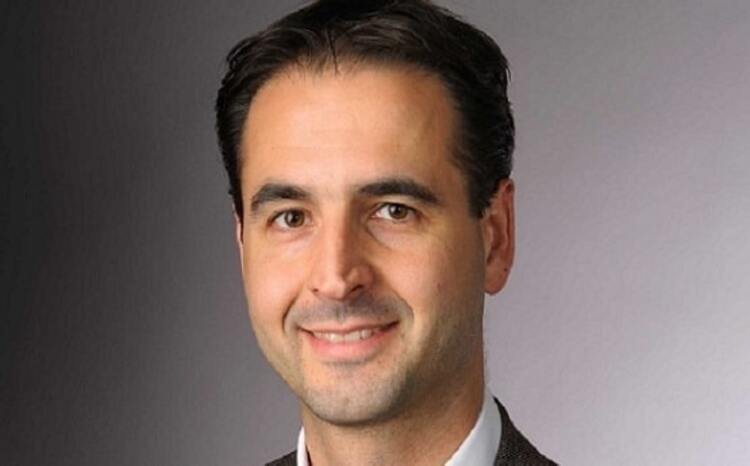Millions of GP records provide vital insights into long Covid
- 8 July 2021

Analysis of the majority of English GP records has provided important insights into long Covid – proving the value of good use of data.
The records, which were managed by EMIS and TPP were accessed through OpenSAFELY, an open source data analytics platform. This allowed NHS England researchers based at the University of Oxford and the London School of Tropical Hygiene and Medicine to have access to GP records of 96% of the English population.
The researchers were looking for how many citizens had a recorded code for long Covid.
Published in the British Medical Journal, the first paper found that GP recorded diagnoses of long Covid are substantially lower than previous estimates.
Findings included:
- 26.7% of practices did not use a code at all
- more women were formally recorded as having long Covid than men
While the condition is still so little-understood, the paper recommends taking steps to further investigate long Covid, so that it can be managed and treated.
Dr Ben Goldacre, director of the DataLab at the University of Oxford, who leads the OpenSAFELY project, said: “Good data on Covid is crucial for research and, though the immediate threat from the pandemic is now receding, there is much more work to be done to benefit public health and medical knowledge as we move forward.”
Long Covid refers to symptoms of Covid-19 that last longer than four weeks after being diagnosed with the virus, including breathlessness, brain fog, pain and distress.
Figures from the Office of National Statistics last month revealed an estimated 385,000 people diagnosed with long Covid had experienced symptoms for more than a year.
In a bid to raise understanding on long Covid, last month a new mobile app and clinical website was launched in 27 trusts to help patients report and manage symptoms and to support standardised care. Yo
Goldacre, who is well known in the data world, is currently leading a review into how health data for research and analysis can be used more efficiently and safely. His findings will tie in to the government’s final data strategy for health and care – the draft of which was published in June.





